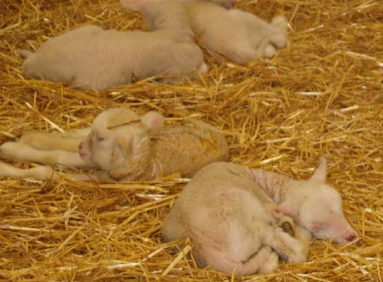
Are your ready for a challenge?
Methods and techniques of genetics are applied throughout the spectrum of biological activity we see today.
In molecular biology
In population studies
In research of species evolution
In the design and application of software
Genetics has always been focused on how hereditary information influences how an organism looks and works. Research in genetics has used mutants to understand how genetic adaptations alter functions.
At the molecular end of the scale, genomics and microarray technology has enabled us to find out more about how genes make us what we are!
Learn how genetic technology is applied in:
Human health and medicine
Agriculture such as crop management and food production
Managing or breeding livestock, wildlife, and pets